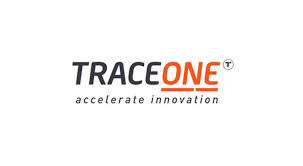Retailers need to be careful to protect £30m investment in FIR compliance, says Trace One
 Label software company Trace One has said that while efforts have been made to address the EU’s upcoming Food Information Regulation (FIR) legislation, mistakes may have still been made by food retailers and manufacturers.
Label software company Trace One has said that while efforts have been made to address the EU’s upcoming Food Information Regulation (FIR) legislation, mistakes may have still been made by food retailers and manufacturers.
The company also said that retailers will face several additional costs in case their products are found to be non-compliant.
The average cost of a label change is more than £3,000 per product and a typical large retailer with 10,000 product lines would have to spend up to £30m on FIR compliance.
A non-compliant product is usually fined up to £5,000 or more per incident of non-compliant labelling. However, that is not significant enough when compared with the price of discarding finished product, re-designing labels and manufacturing and distributing replacement stock.
Trace One stated that such a mistake could cost a retailer more than £100,000 for each affected product.
Under the FIR legislations, retailers are supposed to know more and tell consumers more about their label products. They have to be confident about the information that they receive from their suppliers and have to pass on the accurate information to consumers.
This can be achieved by sharing detailed specification information.
Trace One Northern Europe senior vice-president Nick Martin said: “Closer collaboration and complete transparency between retailers, manufacturers and suppliers will be crucial in validating that products are what they say they are.
“Retailers and manufacturers should ensure data is transparently shared between all parties in the supply chain so that information such as the country of origin of primary ingredients can be quickly and easily determined.
“As much as possible of this process should be automated, so that any changes will be made consistently and in accordance with legislation. Not only does this help reduce the cost and complexity of a label change, it also means that the retailer can have total confidence that they know and can demonstrate the provenance of every single product.”

































